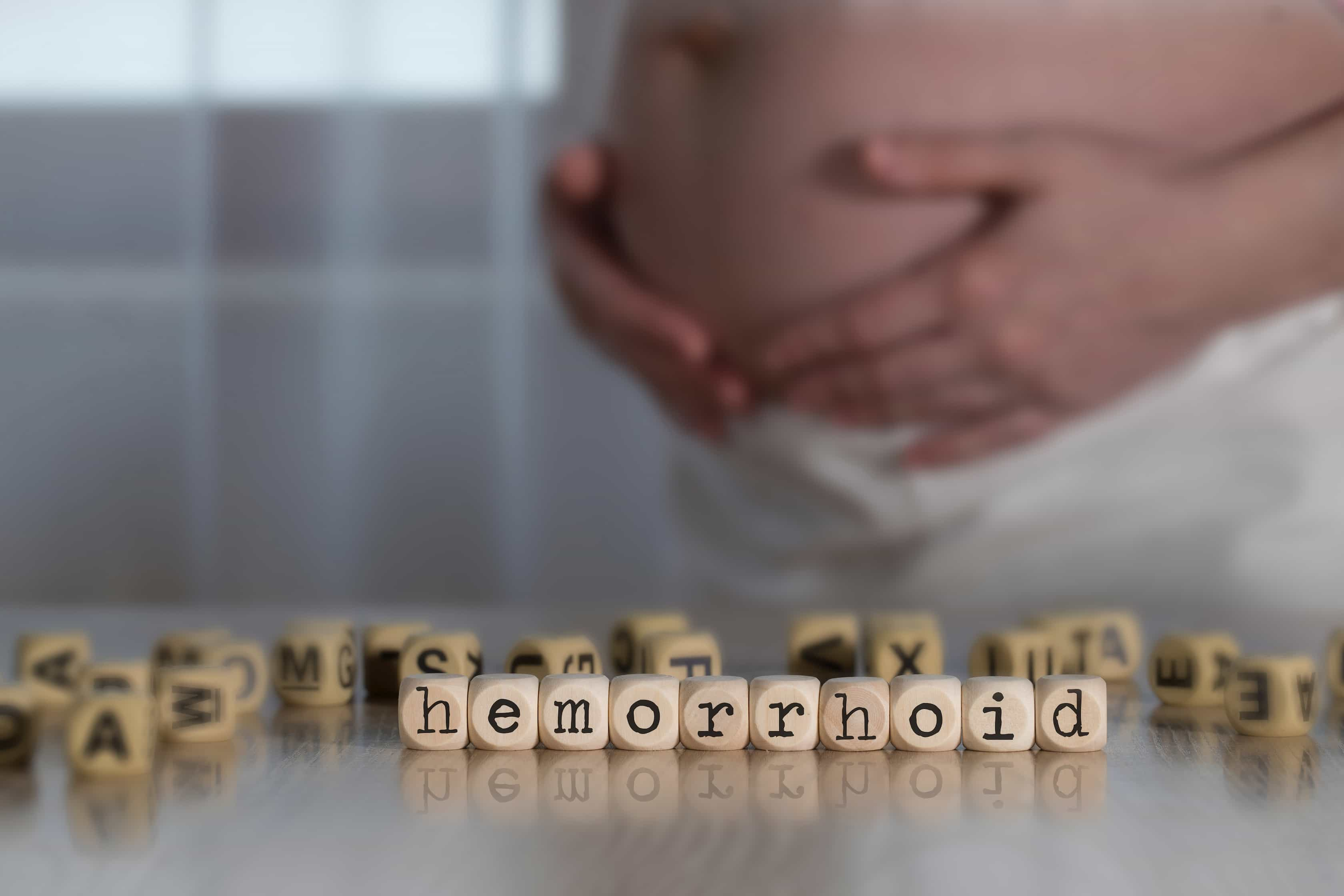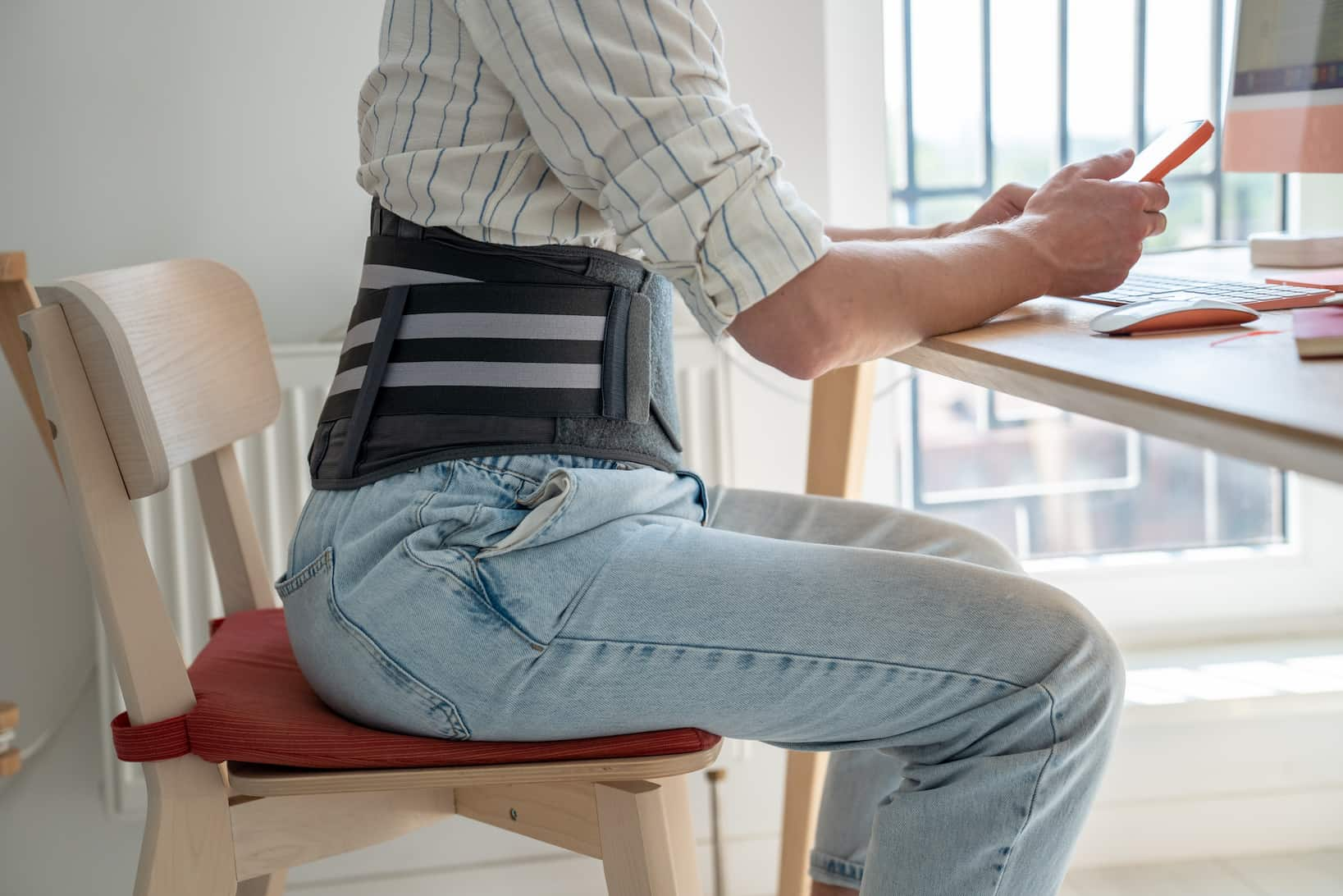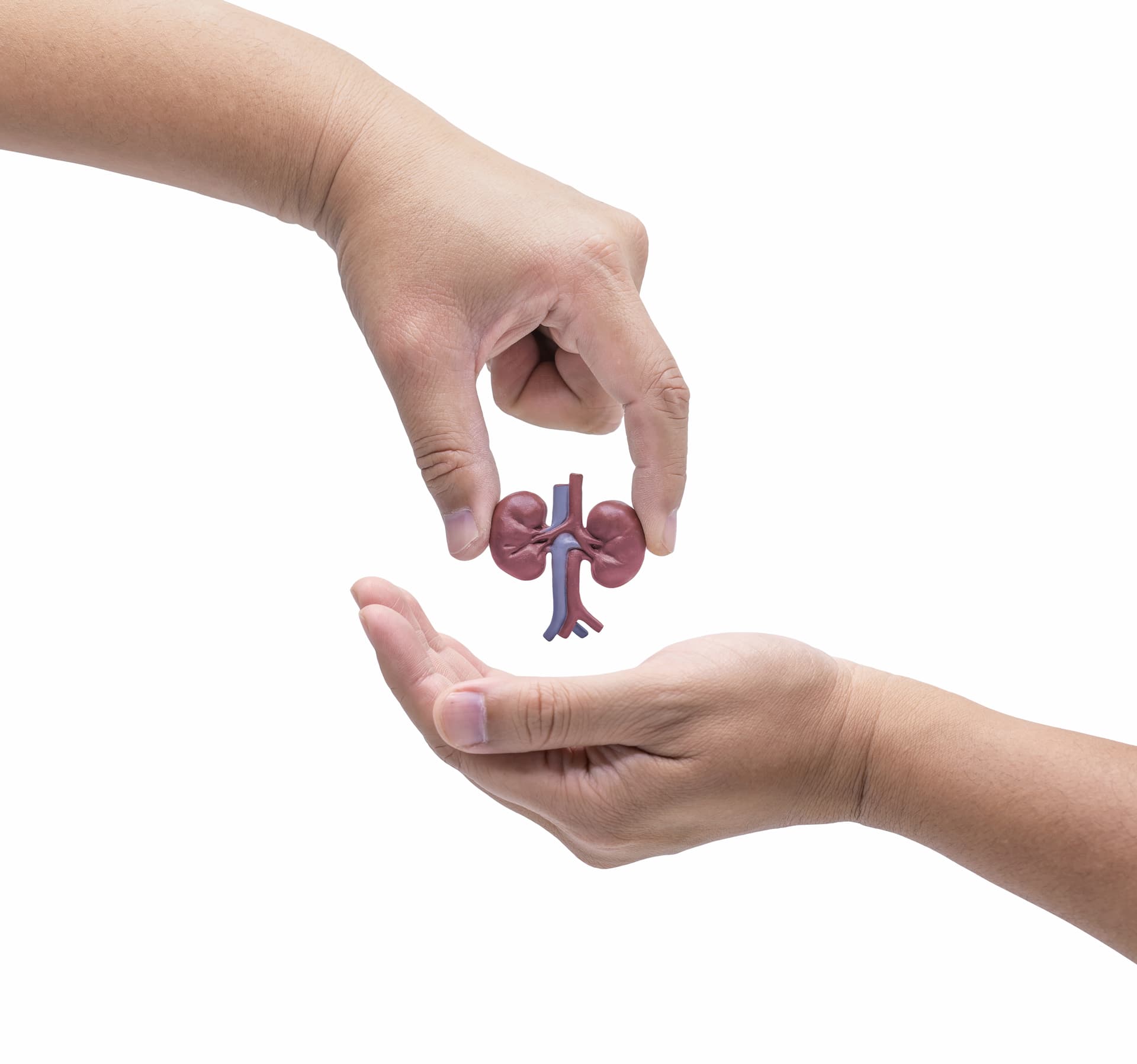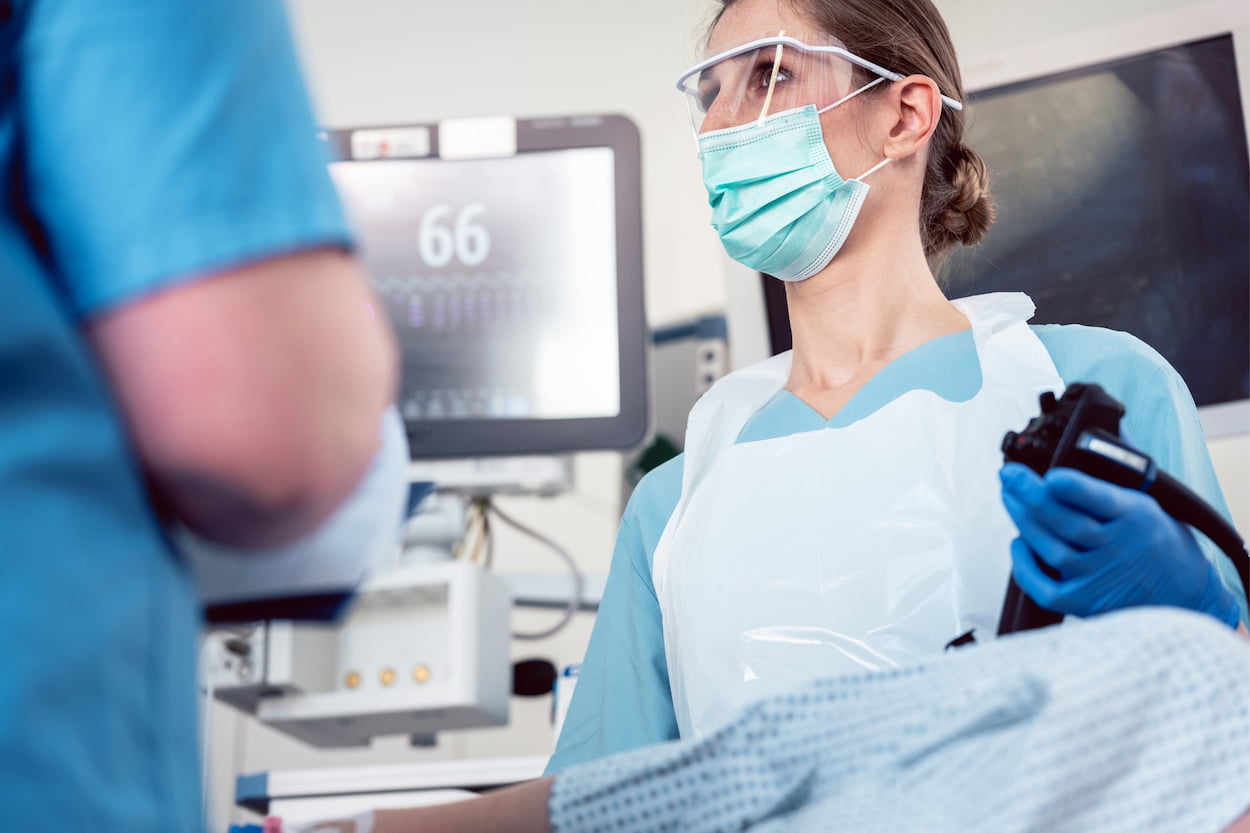
Hemorrhoids In Pregnancy
Hemorrhoids are a common issue that many people experience at some point in their lives. However, when it comes to pregnancy, the likelihood of developing hemorrhoids increases significantly. In fact, it is estimated that up to 50% of pregnant women will experience hemorrhoids at some point during their pregnancy. Hemorrhoids during pregnancy can be uncomfortable and painful, but they are not usually a cause for concern.
Understanding what hemorrhoids are, what causes hemorrhoids in pregnancy, and how to prevent and treat them can help make the experience more manageable for pregnant women. In this article, we will discuss everything you need to know about hemorrhoids during pregnancy, including causes, symptoms, prevention, and treatment options.
What are Hemorrhoids?
Hemorrhoids, also known as piles, are swollen veins in the rectal area. They can occur internally, within the rectum, or externally, around the anus. Hemorrhoids can range in size from small, pea-sized lumps to larger, grape-sized lumps. They can be itchy, and painful, and cause bleeding during bowel movements.
Hemorrhoids are a common issue that can affect people of all ages and genders, but they are more common in pregnant women due to the increased pressure on the veins in the rectal area. Hemorrhoids are not usually a serious condition, but they can be uncomfortable and cause discomfort.

Is It Normal to Have Hemorrhoids During Pregnancy?
Yes, hemorrhoids during pregnancy are common. Hemorrhoids occur in pregnant women due to increased pressure in the pelvic area. As the uterus grows, it puts pressure on the veins in the rectal area, leading to the development of piles when pregnant.
In addition, constipation is a common issue during pregnancy, which can also lead to the development of hemorrhoids. Hemorrhoids in pregnancy can cause discomfort, itching, and pain, but they are not usually a cause for concern. However, if you experience severe pain, bleeding, or any other symptoms, you should consult your healthcare provider.
What Is the Difference Between Hemorrhoids And Anal Fissures?
Hemorrhoids and anal fissures are both common conditions that can affect the anus and rectum, but there are some key differences between the two.
Hemorrhoids are swollen veins in the rectum or anus that can cause discomfort, pain, and bleeding. They are more common during pregnancy due to the increased pressure on the veins in the pelvic area. Hemorrhoids can be internal, meaning they are located inside the rectum, or external, meaning they are located outside the anus. Internal hemorrhoids can often be painless and may only cause bleeding during bowel movements, while external piles when pregnant can be more painful and may cause itching and irritation. Women who experience hemorrhoids in pregnancy may be affected by this condition.
Anal fissures, on the other hand, are small tears in the lining of the anus that can cause pain, bleeding, and itching. They can be caused by passing hard or large stools, straining during bowel movements, or chronic diarrhea. Anal fissures are more common in young adults and infants and can be associated with certain medical conditions such as Crohn’s disease.
The symptoms of hemorrhoids and anal fissures can be similar, but there are some differences. Hemorrhoids may cause itching, discomfort, and pain during bowel movements, while anal fissures may cause sharp pain or burning during bowel movements, with some bleeding. Hemorrhoids are often accompanied by swelling, while anal fissures are often accompanied by a small lump or skin tag.
Both hemorrhoids and anal fissures can be managed with conservative treatments such as sitz baths, fiber supplements, and topical ointments. In more severe cases, medical treatments such as surgery may be necessary. It is important to talk to your healthcare provider if you are experiencing symptoms of hemorrhoids or anal fissures, as they can help determine the underlying cause and recommend the best treatment options for your individual needs.
What Causes Hemorrhoids During Pregnancy?
Hemorrhoids during pregnancy are caused by several factors, including:
Increased pressure on the veins: As the uterus grows during pregnancy, it puts pressure on the veins in the rectal area. This pressure can cause the veins to become swollen and inflamed, leading to hemorrhoids.
Hormonal changes: During pregnancy, hormonal changes can affect the veins in the rectal area, making them more prone to swelling and inflammation.
Constipation: Constipation is a common issue during pregnancy, and it can cause straining during bowel movements, which can put pressure on the veins in the rectal area and lead to the development of pregnancy piles.
Increased blood volume: During pregnancy, there is an increase in blood volume, which can cause the veins to become more dilated and prone to swelling and inflammation.
Poor diet: A diet low in fiber and high in processed foods can lead to constipation, which is a common cause of hemorrhoids during pregnancy.
It is important to note that hemorrhoids during pregnancy are a common issue, and they are not usually a cause for concern. However, if you experience severe pain, bleeding, or any other symptoms, you should consult your healthcare provider.
How To Avoid Hemorrhoids During Pregnancy?
While hemorrhoids during pregnancy are common and not always avoidable, there are several steps you can take to help prevent them. Here are some tips to avoid hemorrhoids during pregnancy:
Eat a high-fiber diet: Eating a diet rich in fiber can help prevent constipation, which is a common cause of hemorrhoids during pregnancy. Good sources of fiber include fruits, vegetables, whole grains, and beans.
Stay hydrated: Drinking plenty of water can also help prevent constipation and promote regular bowel movements, which can help prevent pregnancy piles.
Exercise regularly: Regular exercise can help improve digestion and promote healthy bowel movements. It can also help reduce the pressure on the veins in the rectal area.
Avoid sitting or standing for long periods: Prolonged periods of sitting or standing can increase the pressure on the veins in the rectal area, which can lead to the development of hemorrhoids. Try to take breaks and move around frequently throughout the day.
Use the bathroom when you need to: Holding in bowel movements can lead to constipation and straining during bowel movements, which can increase the risk of hemorrhoids. Try to use the bathroom as soon as you feel the urge.
Use a stool softener if needed: If you are experiencing constipation, talk to your healthcare provider about using a stool softener to help make bowel movements easier and reduce the risk of hemorrhoids.
By following these tips, you can help reduce your risk of developing hemorrhoids during pregnancy. If you do experience hemorrhoids despite your best efforts, there are several treatment options available that can help manage your symptoms.
How Do You Treat Hemorrhoids During Pregnancy?
Hemorrhoids during pregnancy can be uncomfortable and painful, but there are several treatment options available that can help manage your symptoms. Here are some ways to treat hemorrhoids during pregnancy:
Home remedies: Several home remedies can help relieve the symptoms of hemorrhoids. Soaking in a warm bath can help reduce swelling and relieve pain. Applying a cold compress to the affected area can also help reduce swelling and inflammation. Using witch hazel pads or applying aloe vera gel to the affected area can also provide relief.
Medications: Several over-the-counter medications can help relieve the symptoms of hemorrhoids. Pain relievers such as acetaminophen can help reduce pain. Topical creams and ointments containing hydrocortisone or witch hazel can help reduce swelling and inflammation. However, it is important to talk to your healthcare provider before using any medications during pregnancy.
Medical procedures: In severe cases, medical procedures may be necessary to treat hemorrhoids in pregnancy. Rubber band ligation involves placing a rubber band around the base of the hemorrhoid to cut off its blood supply and cause it to shrink. Sclerotherapy involves injecting a chemical solution into a hemorrhoid to shrink it. Infrared coagulation involves using a special device to burn the hemorrhoid tissue.
Surgery: In rare cases, surgery may be necessary to remove hemorrhoids. This is typically only recommended for severe cases that do not respond to other treatments.
It is important to talk to your healthcare provider before starting any new treatments for hemorrhoids during pregnancy. They can recommend the best treatment options based on the severity of your symptoms and the stage of your pregnancy. With the right treatment, hemorrhoids during pregnancy can be managed effectively, allowing you to enjoy a comfortable and healthy pregnancy.
The Study of Hemorrhoids During Pregnancy
In a study conducted by the American Journal of Obstetrics and Gynecology in 2020, researchers examined the prevalence of hemorrhoids in pregnancy and the factors contributing to their development. The study found that out of 500 pregnant women surveyed, 45% experienced hemorrhoids during their pregnancy. It also identified a strong correlation between the development of hemorrhoids and factors such as increased pressure on the pelvic area and hormonal changes. This research underscores the common occurrence of hemorrhoids in pregnancy and highlights the importance of understanding their causes and treatment options.
External Hemorrhoids During Pregnancy
External hemorrhoids during pregnancy can be uncomfortable and cause itching, pain, and bleeding. They occur when veins in the rectal area become swollen and inflamed. Treatment options for external pregnancy piles include over-the-counter creams and ointments, sitz baths, and ice packs. In some cases, your healthcare provider may recommend a surgical procedure to remove the hemorrhoids.
Hemorrhoids In Early Pregnancy
Hemorrhoids can occur at any time during pregnancy, including early pregnancy. As the uterus grows, it puts pressure on the veins in the rectal area, which can lead to the development of hemorrhoids. Additionally, hormonal changes during early pregnancy can also affect the veins in the rectal area, leading to the development of hemorrhoids.
Preventive measures such as eating a high-fiber diet, drinking plenty of water, and regular exercise can help prevent hemorrhoids during early pregnancy. If you experience any discomfort or pain in the rectal area, you should talk to your healthcare provider.




